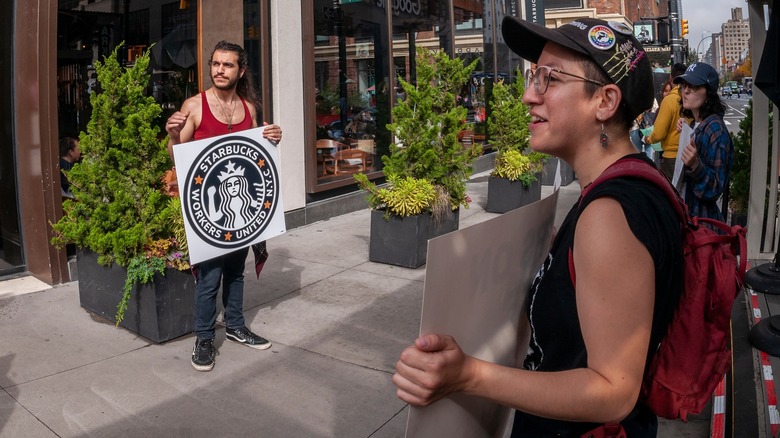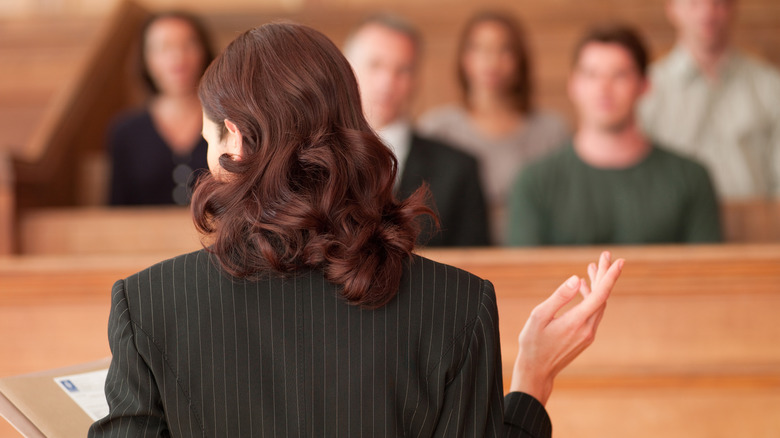Unionizing Workers Claim Starbucks Broke Federal Labor Law During Trial
In May, the National Labor Relations Board (NLRB) issued a complaint against Starbucks. The complaint was in regard to at least 200 separate incidents the NLRB believes amount to illegal union busting – and other violations of federal labor law at some Buffalo, New York locations — that were involved in a wave of union organization efforts beginning in August 2021, according to CNBC. This added up to 29 charges levied against Starbucks, for which the NLRB still seeks injunctive relief (e.g., giving fired union organizers their jobs back).
Like many court cases, this one got bogged down in delays during the "discovery period." In discovery, the parties briefly go to their separate corners and fire off subpoenas to one another, seeking various categories of information that may or may not be available. These may emerge in various forms, including interrogation, deposition, and document production, per Cornel's Legal Information Institute. The rules applicable to discovery are doctoral level-complex, and likely even more so in cases where some may wish to obtain information regarding parties not privy to the case. However, they drill down to this one general concept: If the info is not privileged, and is relevant to a party's claim/defense, it's fair game.
Perhaps Starbucks thought this extended to what the NLRB characterizes as the "extensive" documentation it requested regarding the union and some of Starbucks' pro-union workers. The NLRB appears to disagree. In fact, the NLRB is now claiming Starbucks broke federal labor law in issuing its subpoenas.
NLRB questions Starbucks' conduct during union-related lawsuit
On December 19, the NLRB initiated another lawsuit against Starbucks concerning several of its now-unionized Buffalo, New York stores. Like the lawsuit the NLRB filed against Starbucks in May, per CNBC, this one alleges Starbucks violated federal labor law, according to a press release Tasting Table received from Worker's United (the union supporting and advising Starbucks employees through the process of organizing). This lawsuit concerns Starbucks' conduct in defending the lawsuit brought against it by the NLRB in May. It includes the subpoenaing of "extensive" documentation from Workers United, including all communications between union members and pro-union Starbucks employees, and all correspondence between union organizers and the media, per the press release.
In October, a judge overruled the NLRB's objections to Starbucks' discovery (via The Washington Post). It's not clear whether the NLRB intends to appeal the ruling. What does seem clear is that the NLRB views Starbucks' subpoenas as a form of illegal "interrogation" regarding privileged information. The organization is taking it up directly with Starbucks in this latest lawsuit. An attorney for the union, Ian Hayes, argues in the press release that Starbucks is using the court system to create a "platform" on which to peddle "further violations of federal labor law and further coercion of workers who want to organize." Accordingly, the NLRB seeks monetary damages, including consequential damages for the individuals who received the subpoenas. Consequential damages can be very steep (via Cornell).

